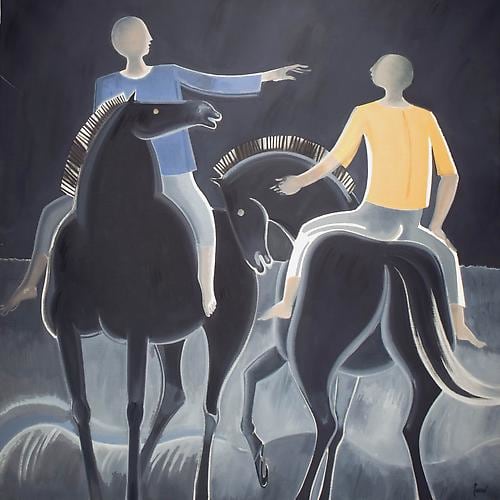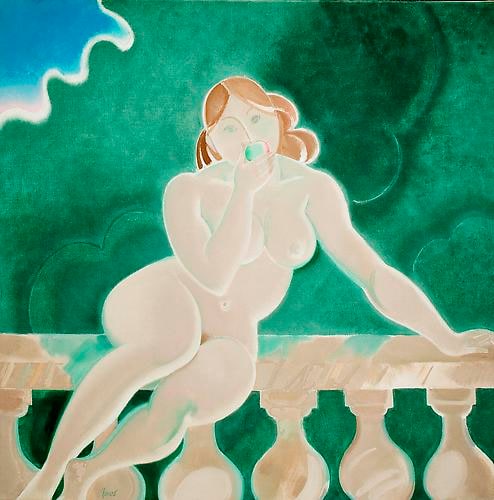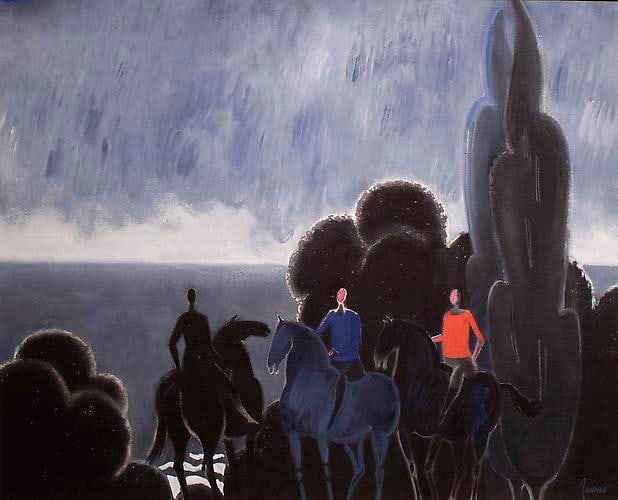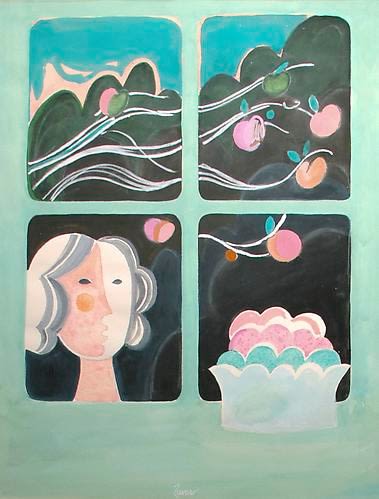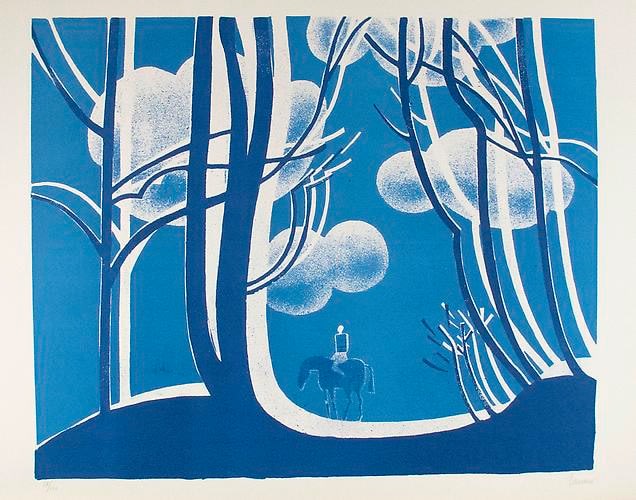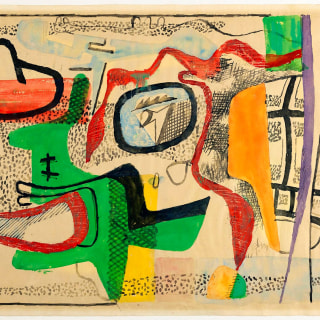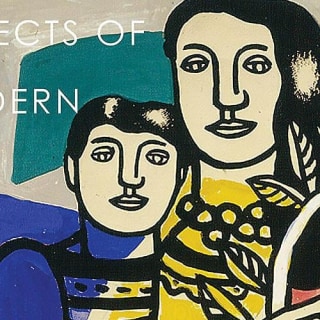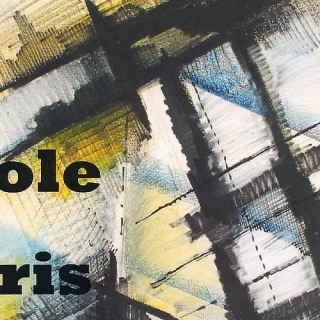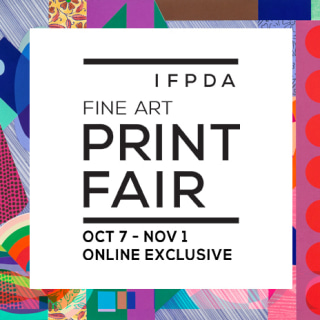
Zavaro was born in Istanbul in 1925. After his father’s death in 1926, his family moved to France. As an adolescent, he spent most of his free time in the Louvre and other art museums in Paris. In 1945 he entered the l’École des Beaux-Arts in Paris, across from the Louvre and was admitted into the workshop of Maurice Brianchon from 1948 to 1950. In 1951 he was awarded the Casa de Velásquez prize and in 1953 he won the Prix de la Maison Descartes in Holland. In 1956 he had his first exhibition in Paris at the Galerie Barbizon.
Working in his Montparnasse atelier, Zavaro rapidly learned the lessons of the abstracts; and, at the same time, he became acutely aware of the limitations of that same movement. In here speaking of “the abstracts”, we are referring to that group of artists who, around the years of 1943-48, moved from forms of Realism to pure abstraction. These are often the same abstract painters whose art later, in the 1950s and 60s, disintegrated into endlessly repeated formulas particularly adaptable to decorative objectives but lacking the impact of the revolutionary 1940s. The problem of Zavaro, and his generation, was to continue the vigorous development of art as they experienced it, and, at the same time avoiding the easier paths such as repeating a watered-down variety of the revolution of the 1940s; or simply continuing the decorative trends developed in the 1950s; or perhaps falling into the already overworked facades of Post-Impressionism.

